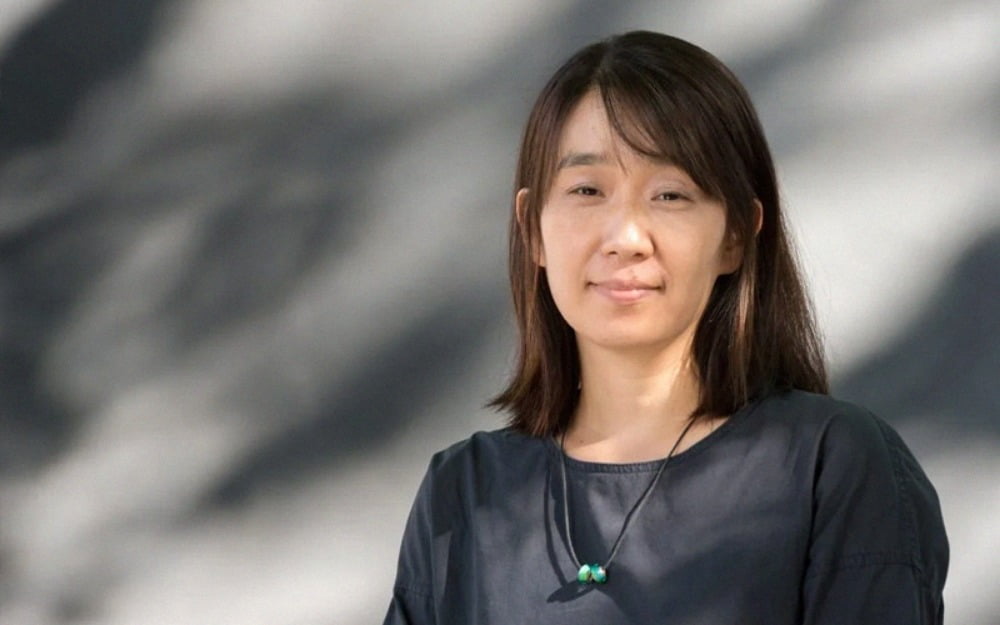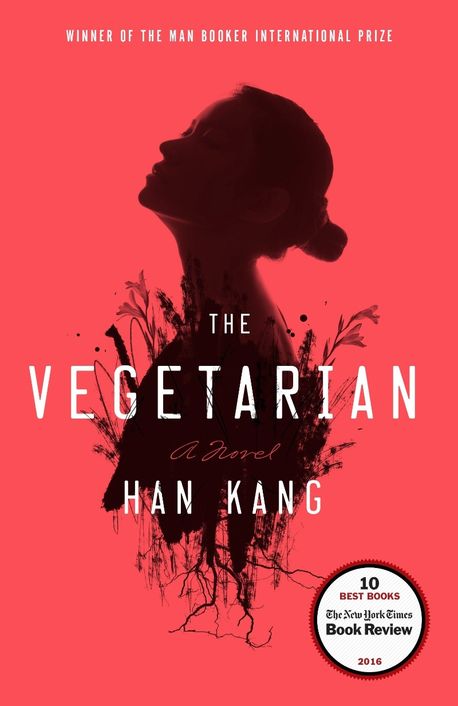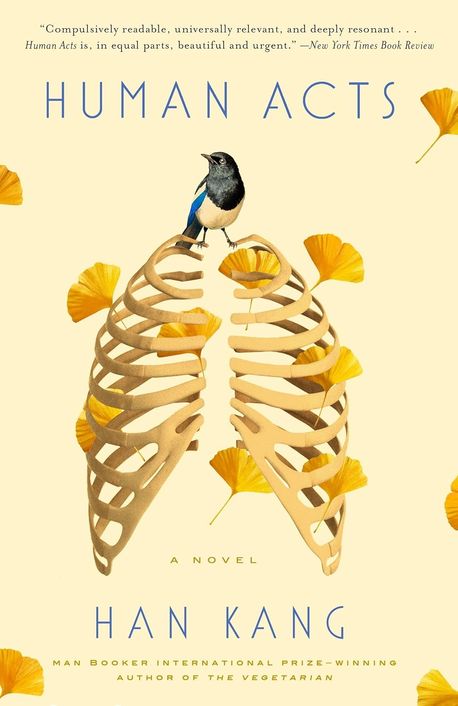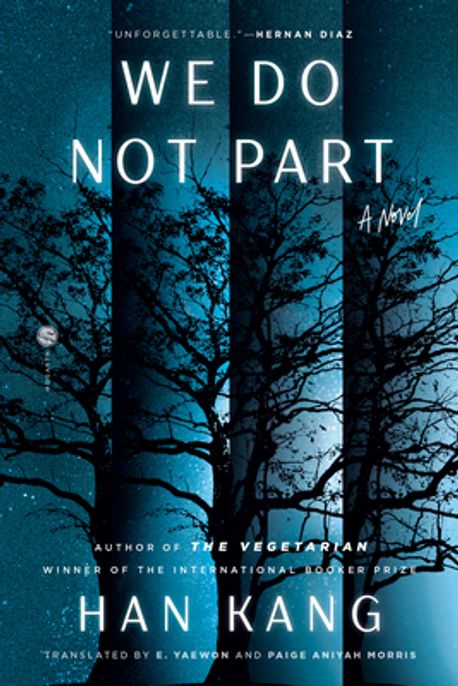*Photo Source: Hogarth Press

The Nobel Prize in Literature has finally shone its light on Korea. Han Kang has been named the 2024 Nobel Literature Laureate, becoming the first Korean author to receive this prestigious honor. Her works have already garnered worldwide admiration and respect, especially after winning the Man Booker International Prize in 2016. Known for her extraordinary ability to explore the hidden darkness beneath the surface of ordinary life, Han Kang's writing captures both personal and collective trauma with haunting precision. The Swedish Academy praised her for her "intensely poetic prose that reveals historical trauma and the fragility of human existence."

It's impossible not to start with her internationally acclaimed novel, The Vegetarian. This haunting tale follows the story of Yeong-hye, a woman who decides to stop eating meat and faces relentless conflict and violence from her family and society as a result. Told through the perspectives of her husband, brother-in-law, and sister, the novel peels back the layers of human cruelty and societal pressure. Its striking symbolism and unsettling narrative pull readers into an uncomfortable yet mesmerizing exploration of power, autonomy, and identity.

Another monumental work, Human Acts, delves into the harrowing events of the 1980 Gwangju Uprising. Centered around a young boy named Dong-ho, the novel chronicles the pain, sacrifice, and resilience of those who lived—and died—during this tragic chapter in Korean history. Through Han Kang's evocative storytelling, readers are not just observers but witnesses to the unspeakable horrors and lingering wounds of a nation. Her work serves as a powerful reminder of the importance of remembering and honoring those who suffered.

Her most recent novel, I Do Not Bid Farewell, explores the Jeju 4.3 Massacre, intertwining historical tragedy with deeply personal narratives. The story follows Kyung-ha and her friend In-seon, whose lives are shaped by loss and memory. While the novel focuses on their intimate bond, it also reflects on collective grief and the unhealed scars of history. Through dream-like sequences and raw, emotional realism, Han Kang invites readers to confront both personal and historical ghosts in a profoundly moving way.
Han Kang has consistently woven Korea's modern history into her literary canvas, exploring the complexities of human emotion and experience with unwavering courage. Her works may not be easy reads, but they leave an indelible mark on the reader's soul. Are you ready to dive into her world? The bookshelf is waiting.
More Awesomek posts
 Han Kang Wins Nobel Prize in Literature in Stockholm on December 10
Han Kang Wins Nobel Prize in Literature in Stockholm on December 10
 2025 Korea Stock Market Holidays & US Stock Market Holidays Overview
2025 Korea Stock Market Holidays & US Stock Market Holidays Overview
 Tragedy Strikes Muan Airport: Jeju Air Plane Crash Claims 179 Lives Out of 181 Passengers
Tragedy Strikes Muan Airport: Jeju Air Plane Crash Claims 179 Lives Out of 181 Passengers


